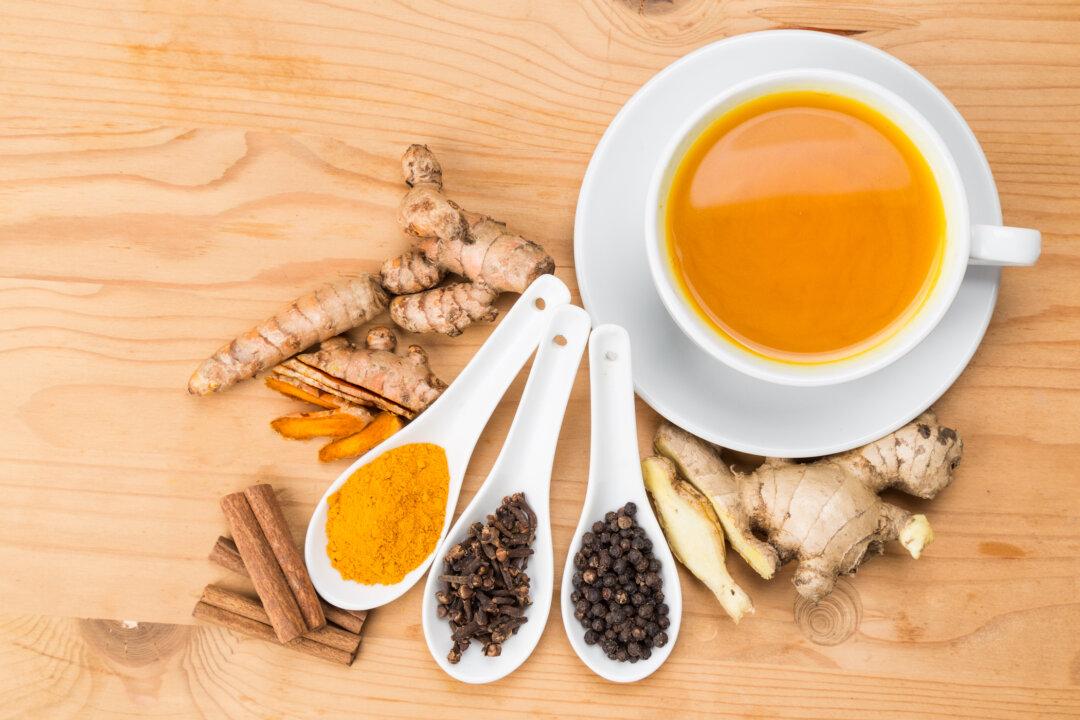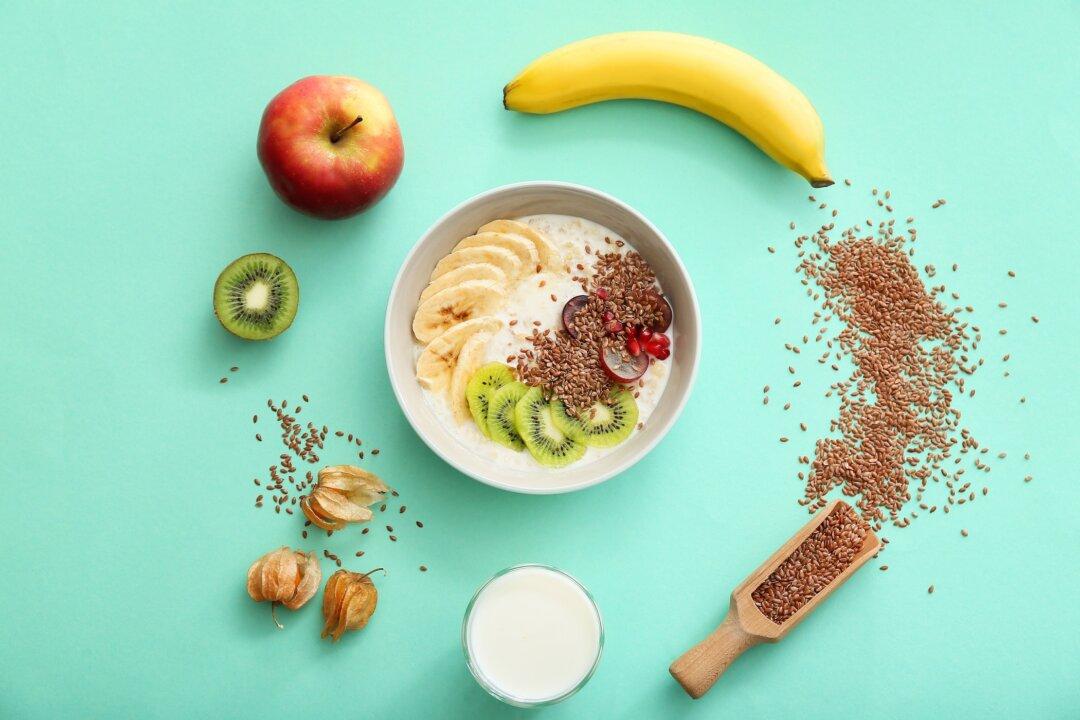Excessive inflammation may play a role in a number of leading causes of death and disability, including type 2 diabetes, obesity, and heart disease. But what are the stimuli that jumpstart the deleterious inflammatory cascade? You typically hear about the pro-inflammatory nature of a chronic high-fat diet, but the inflammatory effect “may not be limited to chronic intake but may be evident after the consumption of a single meal.”
Within hours after eating an unhealthy meal, inflammatory markers like (IL-6), interleukin-6, can skyrocket, doubling within six hours. The majority of studies show an increase in IL-6 after the consumption of a high-fat meal. But the meals they tested weren’t just filled with meat, eggs, dairy, and oil, but also junky refined carbs like white flour and added sugar.






